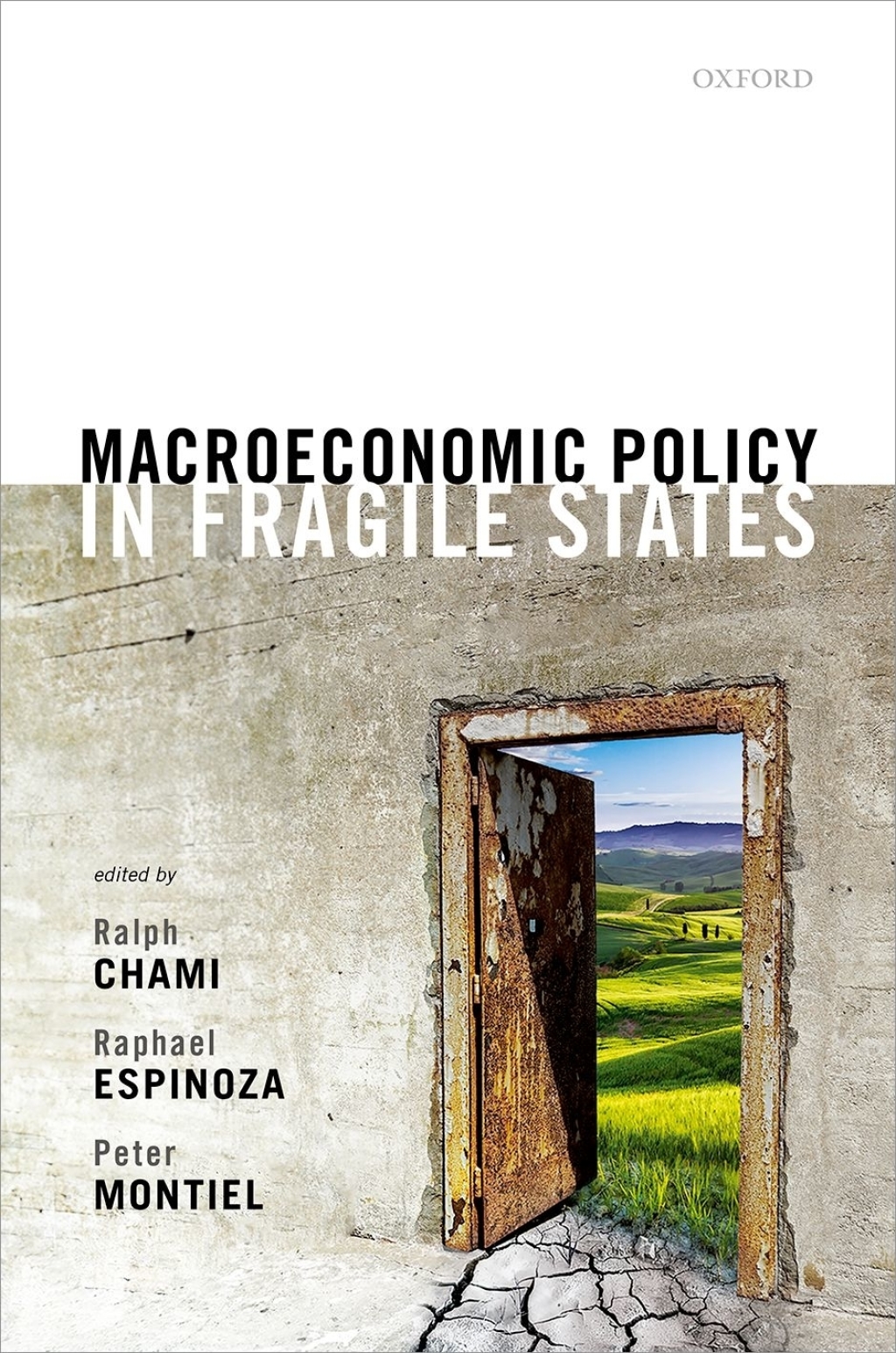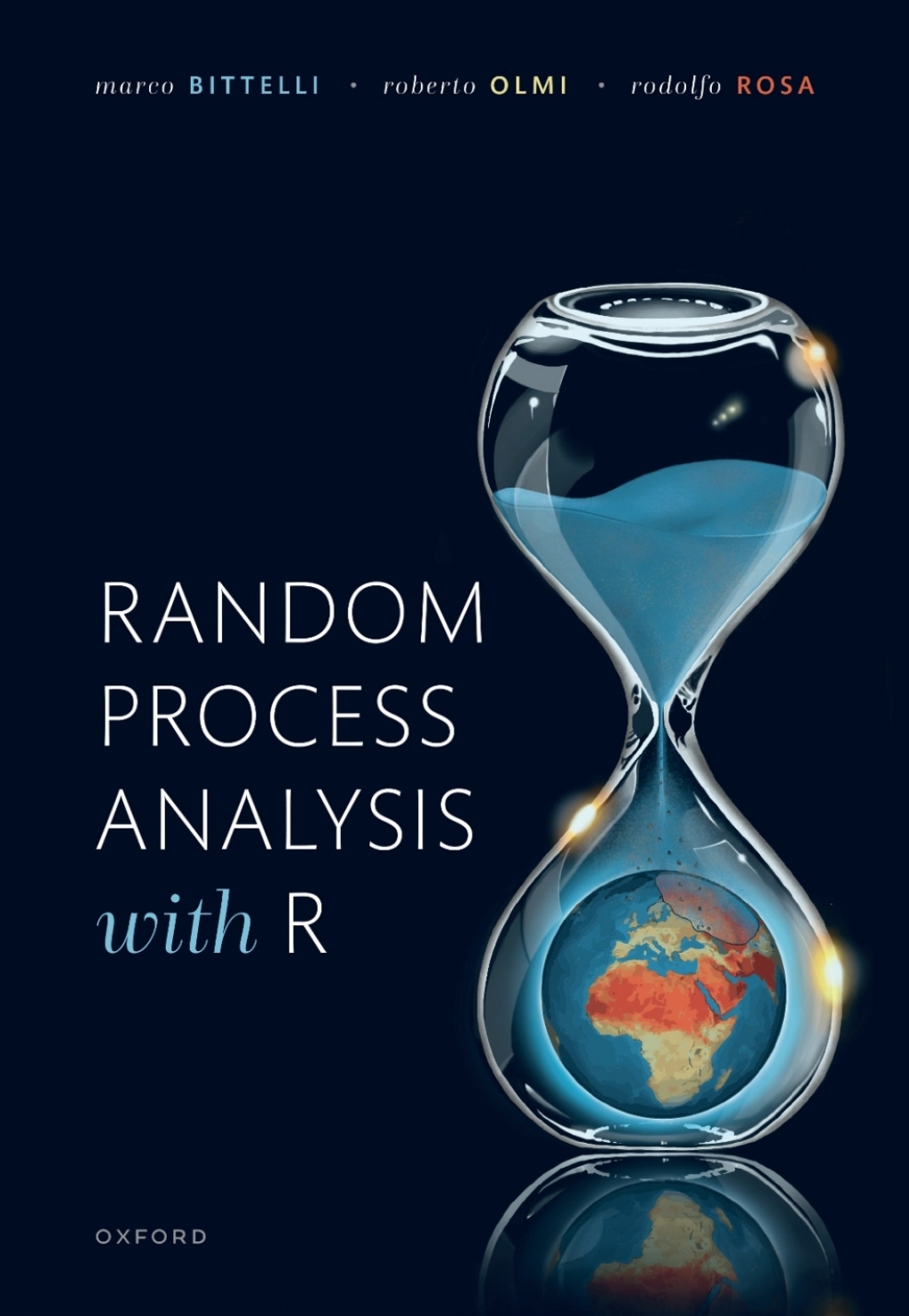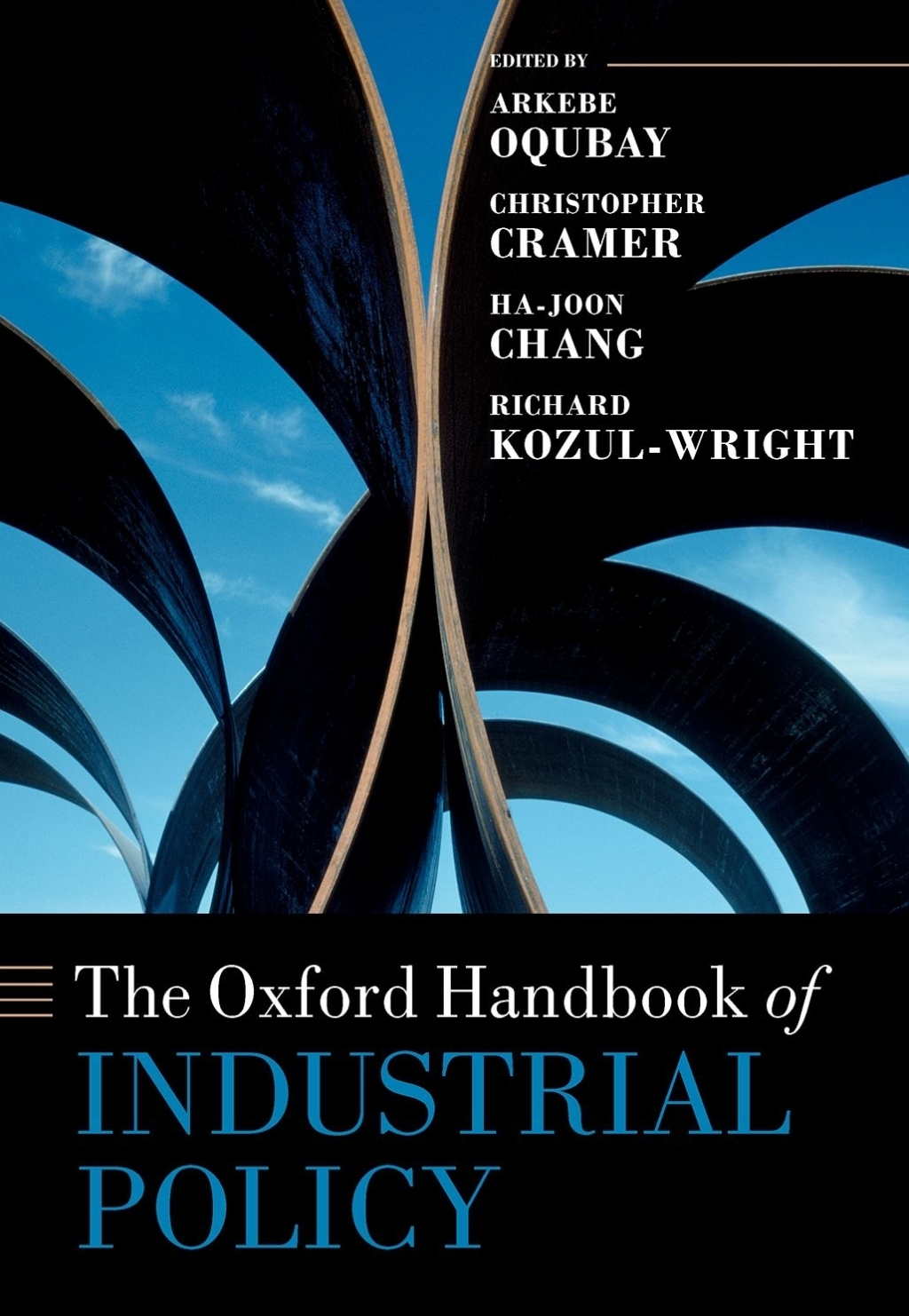Description
Industrial policy has long been regarded as a strategy to encourage sector-, industry-, or economy-wide development by the state. It has been central to competitiveness, catching up, and structural change in both advanced and developing countries. It has also been one of the most contested perspectives, reflecting ideologically inflected debates and shifts in prevailing ideas. There has lately been a renewed interest in industrial policy in academic circles and international policy dialogues, prompted by the weak outcomes of policies pursued by many developing countries under the direction of the Washington Consensus (and its descendants), the slow economic recovery of many advanced economies after the 2008 global financial crisis, and mounting anxieties about the national consequences of globalization. The Oxford Handbook of Industrial Policy presents a comprehensive review of and a novel approach to the conceptual and theoretical foundations of industrial policy. The Handbook also presents analytical perspectives on how industrial policy connects to broader issues of development strategy, macro-economic policies, infrastructure development, human capital, and political economy. By combining historical and theoretical perspectives, and integrating conceptual issues with empirical evidence drawn from advanced, emerging, and developing countries, The Handbook offers valuable lessons and policy insights to policymakers, practitioners and researchers on developing productive transformation, technological capabilities, and international competitiveness. It addresses pressing issues including climate change, the gendered dimensions of industrial policy, global governance, and technical change. Written by leading international thinkers on the subject, the volume pulls together different perspectives and schools of thought from neo-classical to structuralist development economists to discuss and highlight the adaptation of industrial policy in an ever-changing socio-economic and political landscape.










